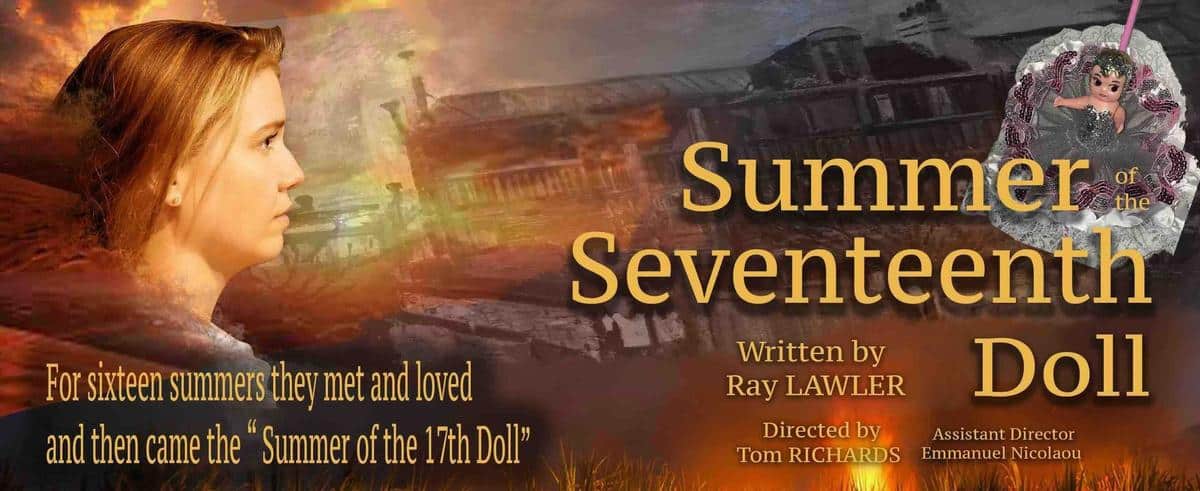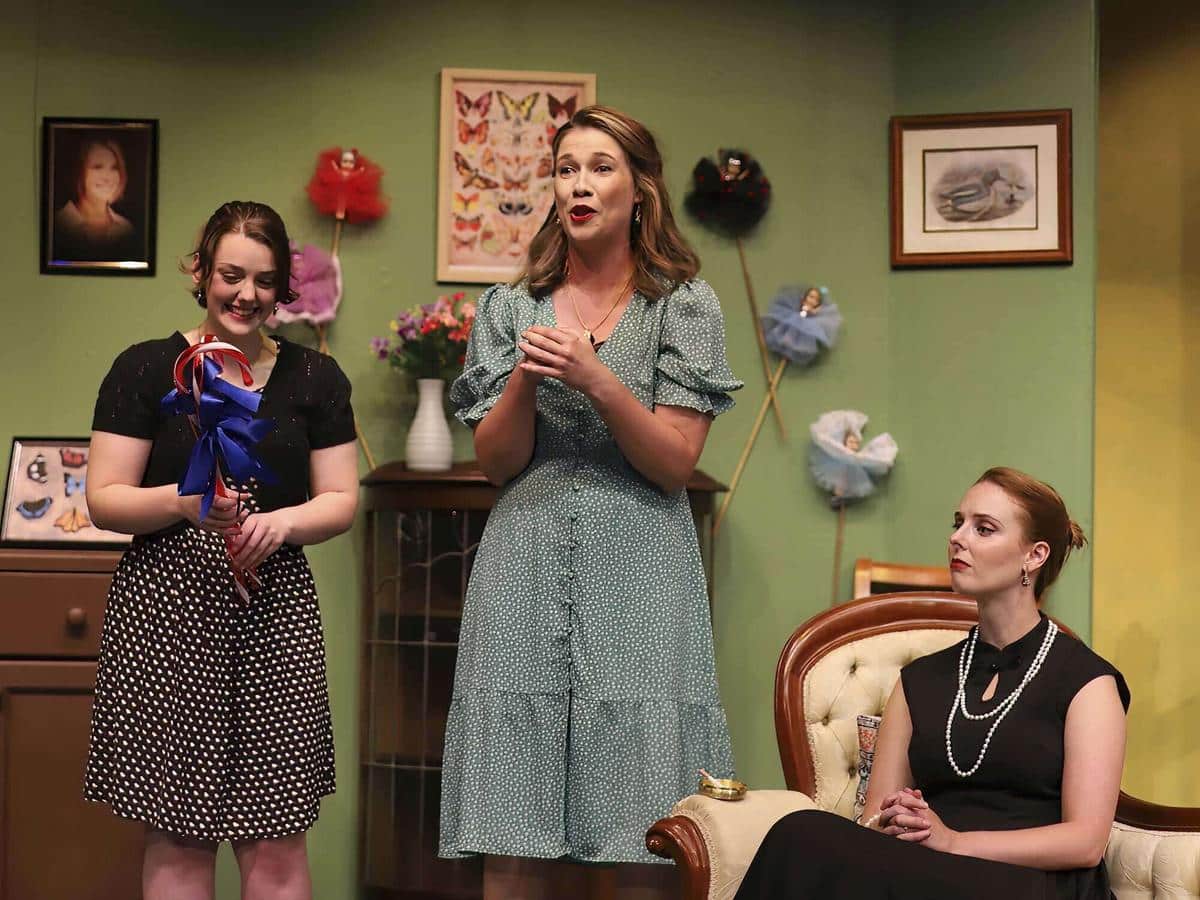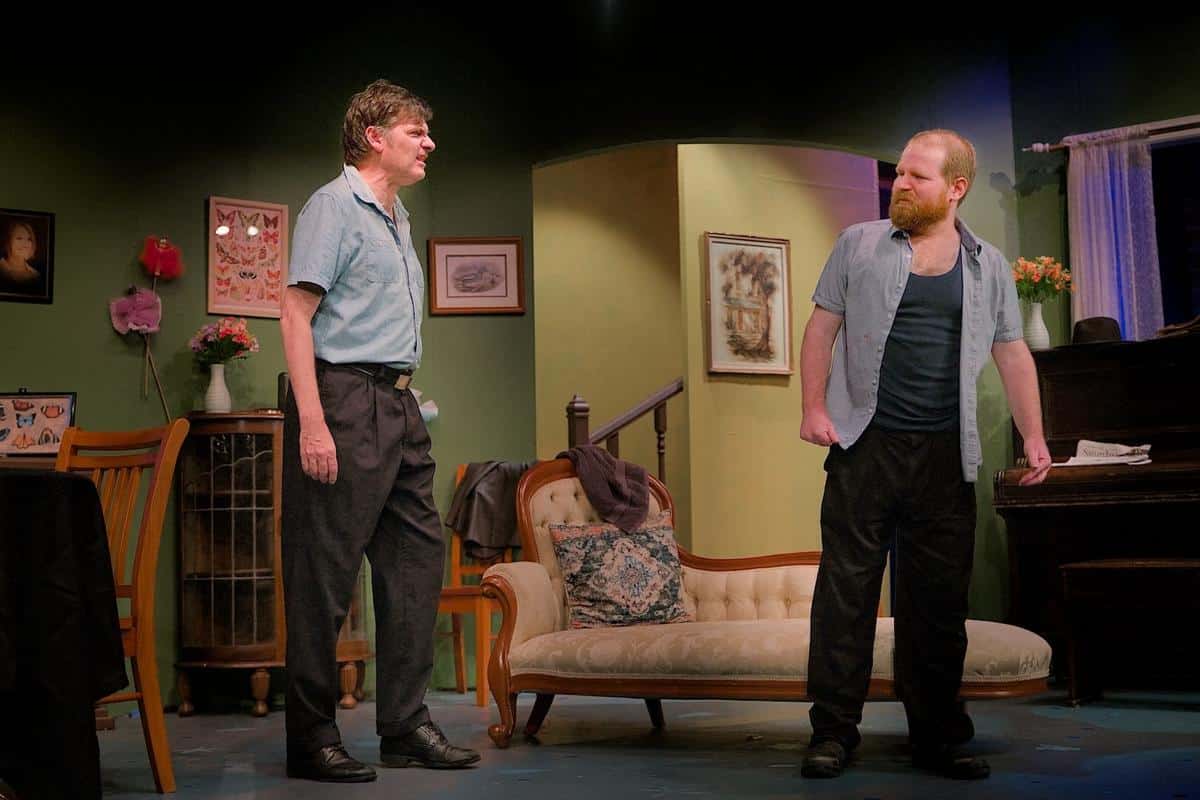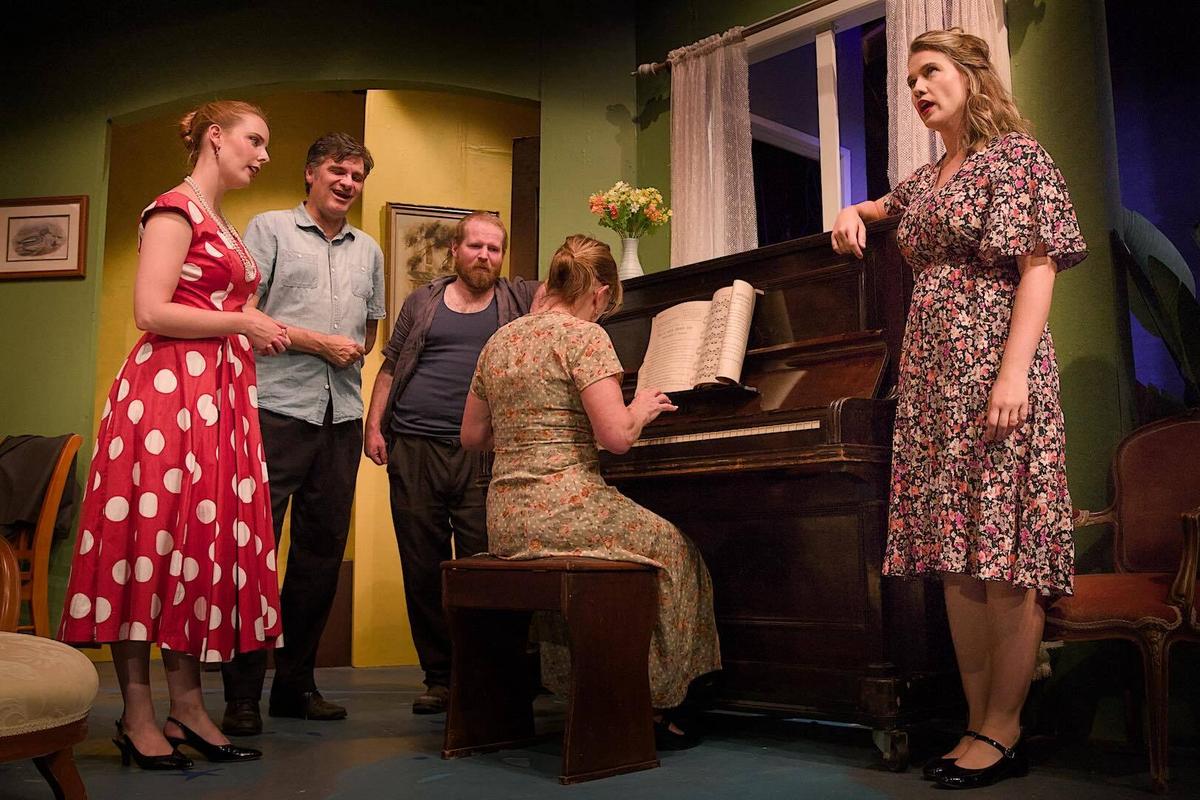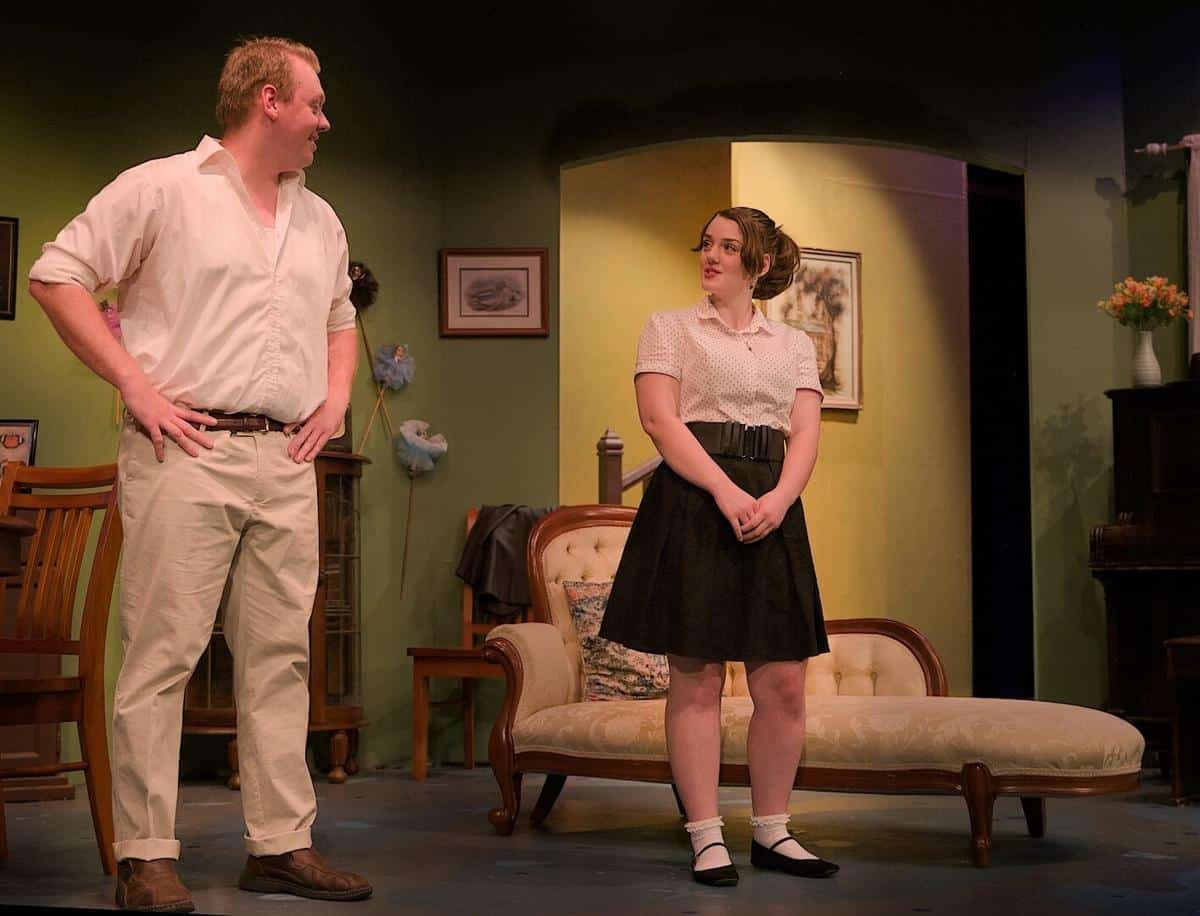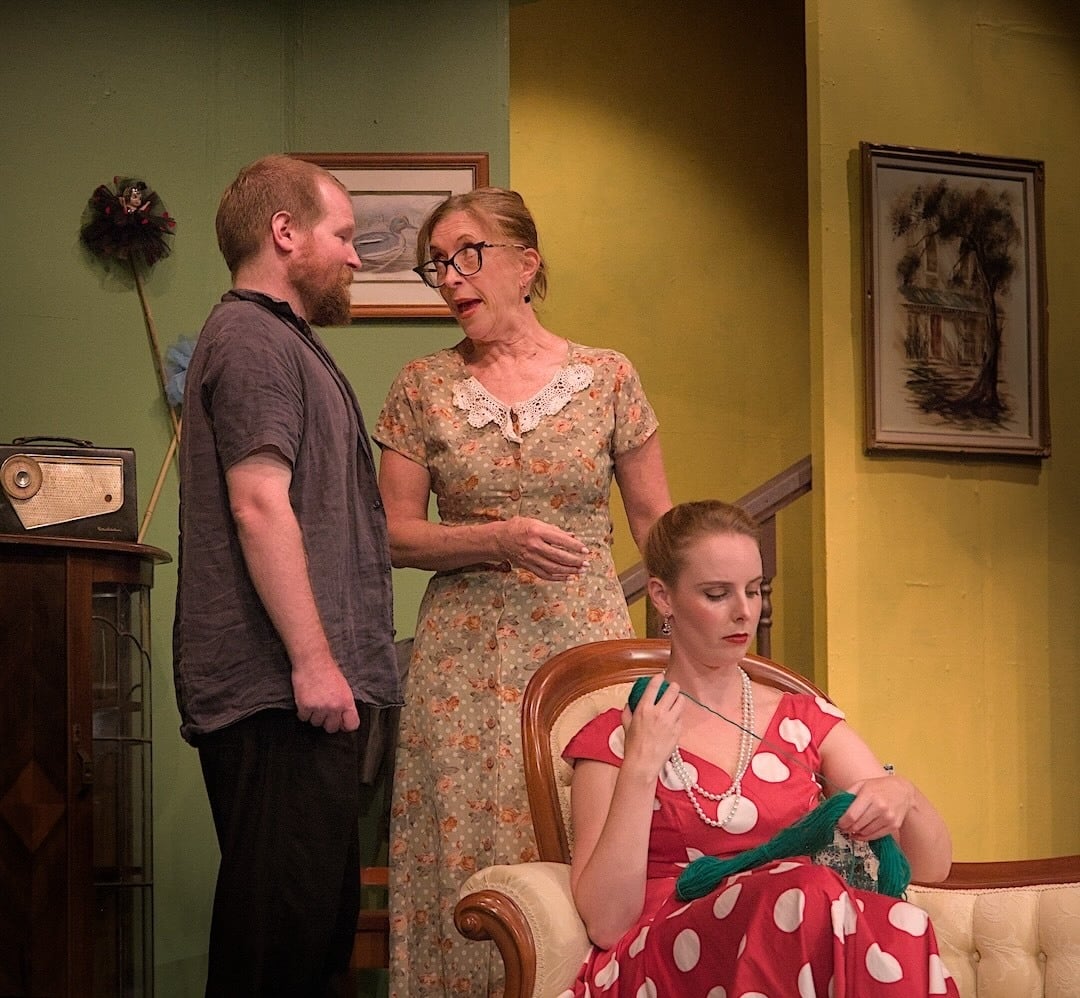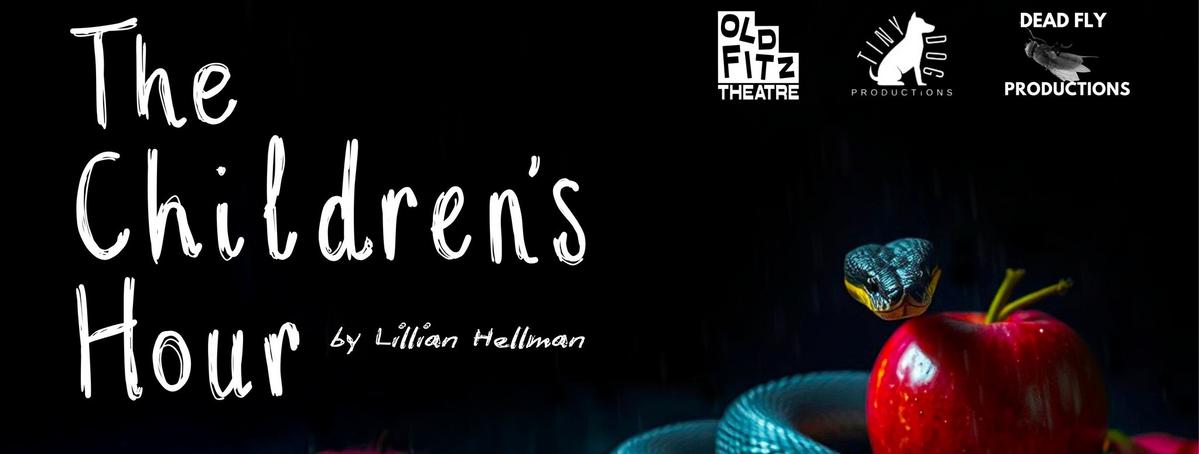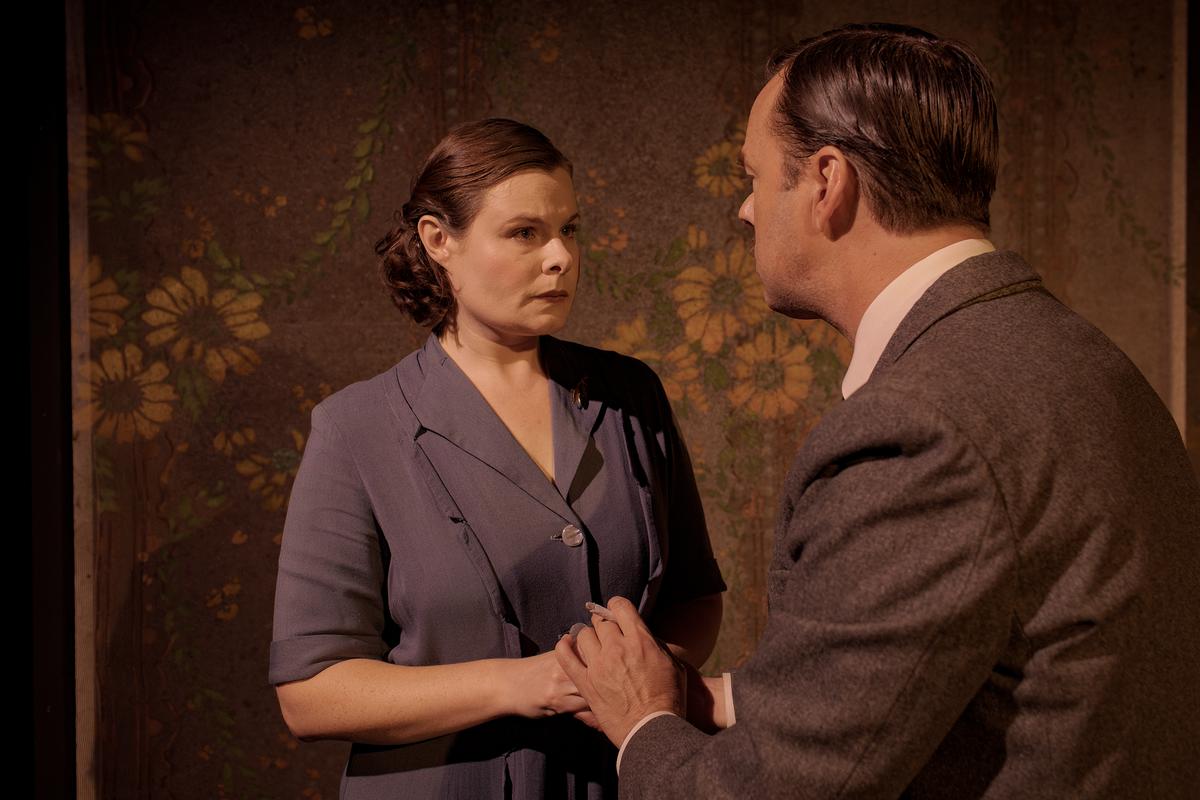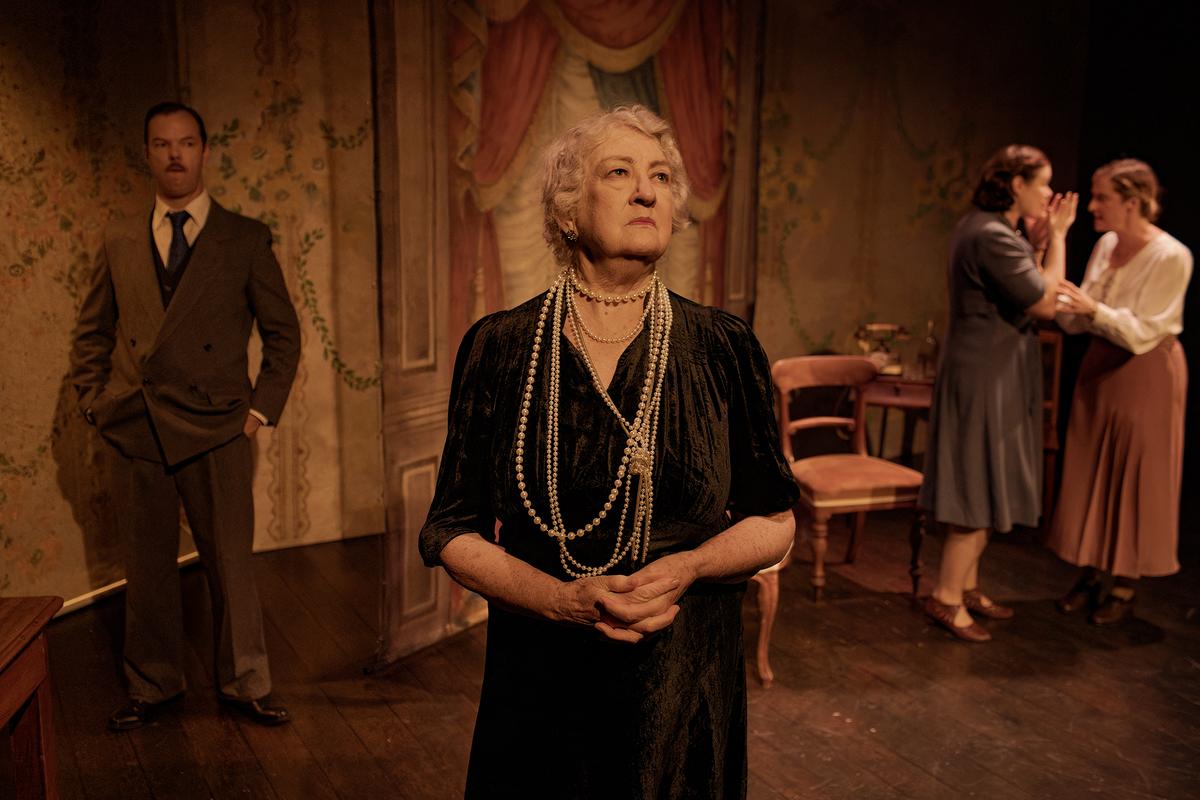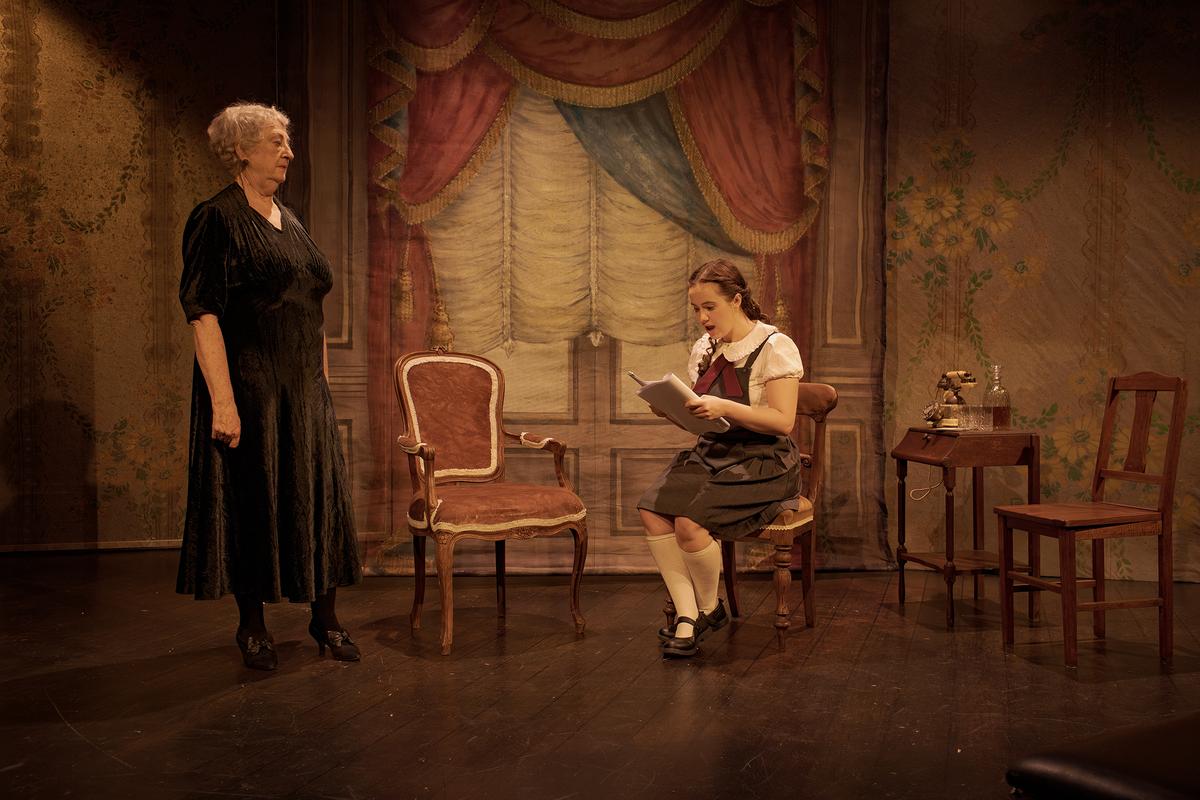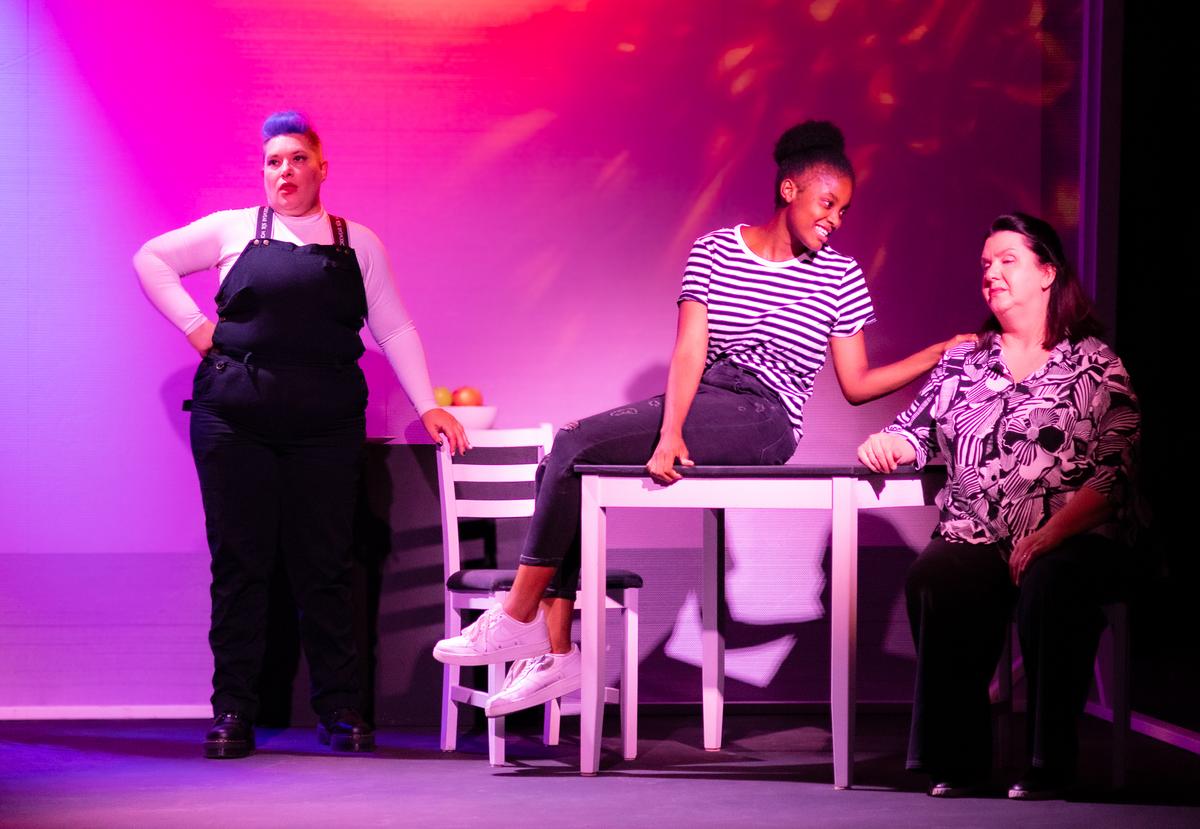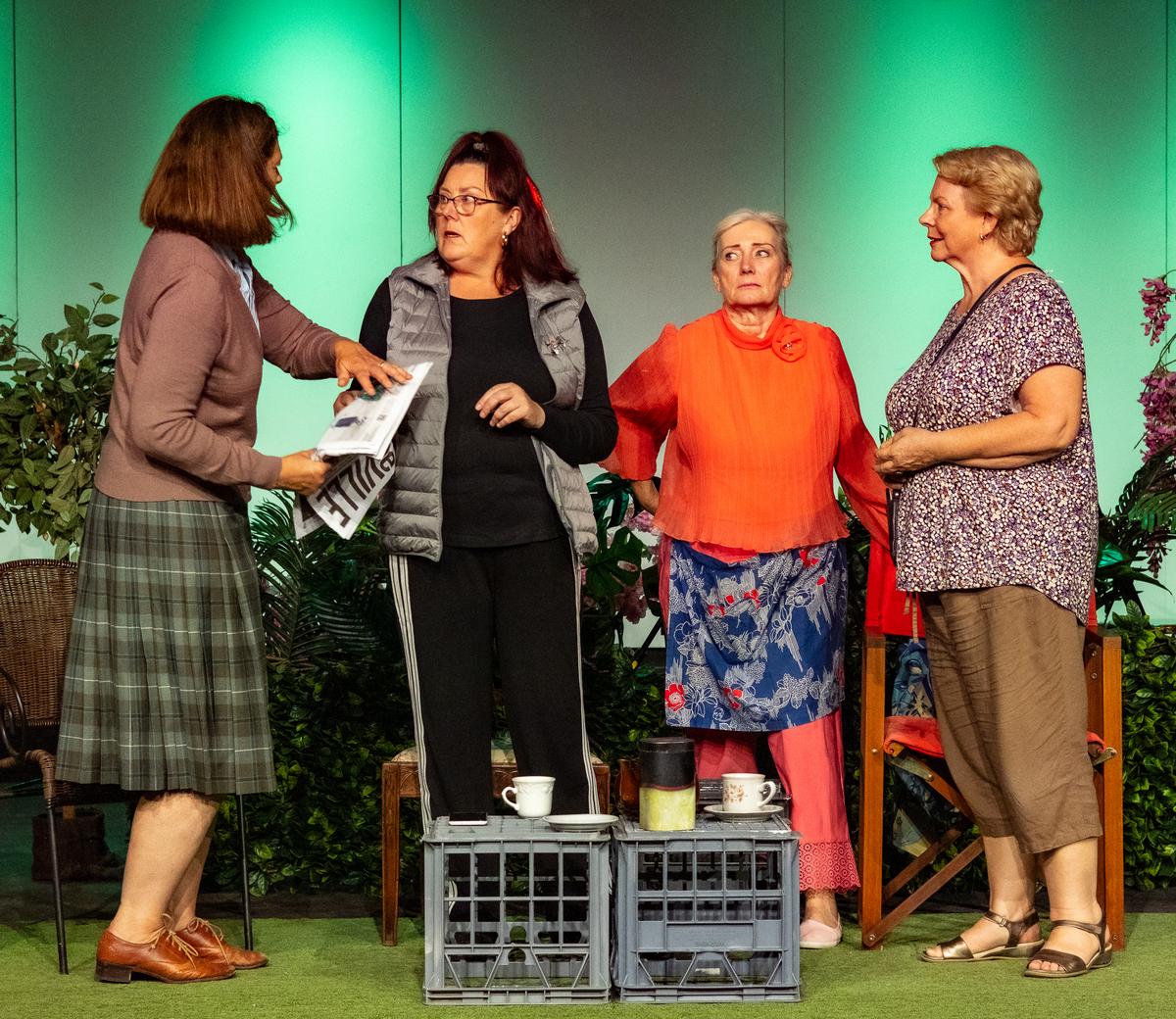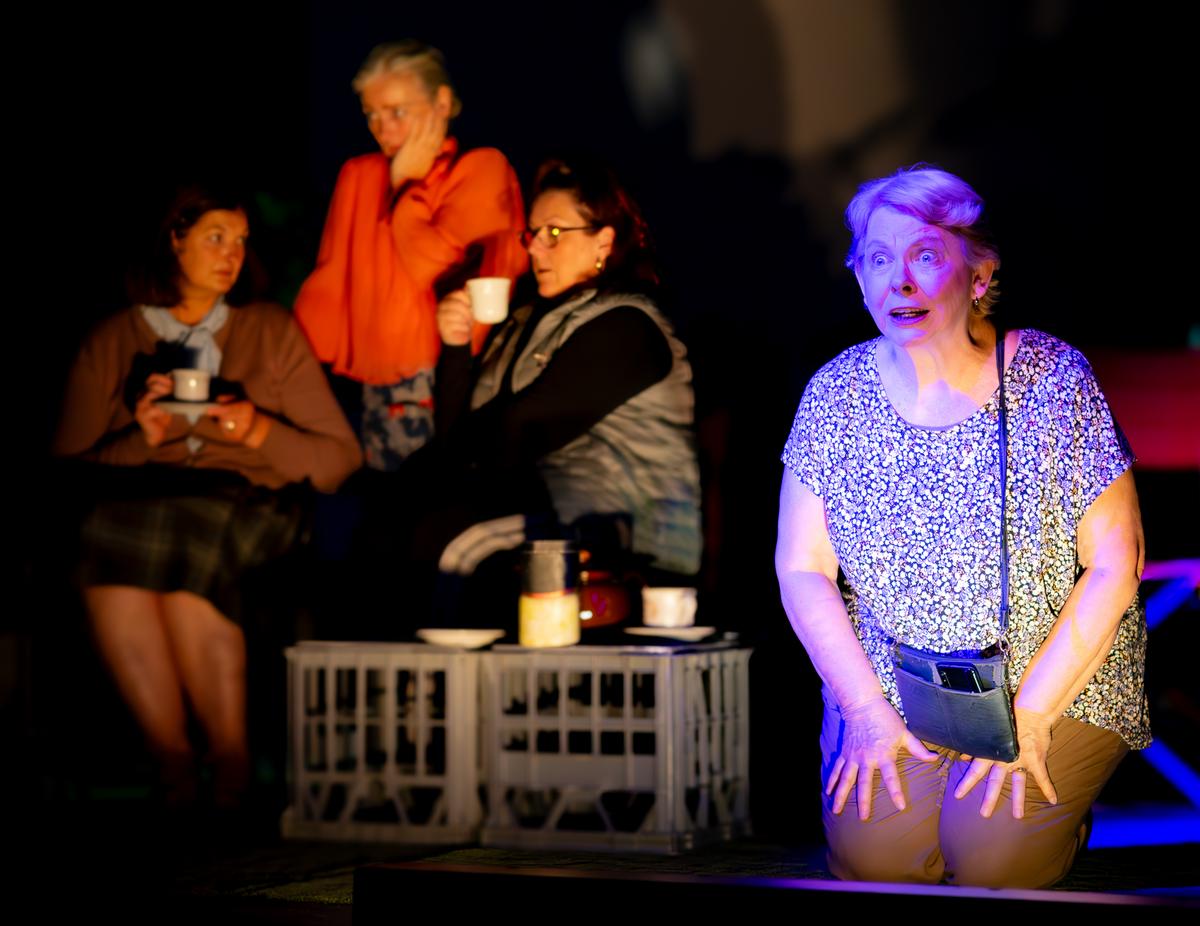“Ah, high school—the land of hovering hormones, questionable life choices, and the endless pursuit of social status”.
Brisbane-based Sun and Wine Arts Company recently showcased “Playthings” by Perth-based writer and director Scott McArdle. Raw and unapologetic, Playthings is the story of young teens Lucy and Arnold as they navigate the turbulent reckoning of adolescence. Director and producer Hamish Chappell ensures the heavy subject matter is handled with sensitivity and authenticity.
Rose Swanepoel as Lucy and Dylan Komoff as Arnold play starkly different personalities, yet their vulnerabilities forge an unlikely friendship as they navigate high school and home life.
Rose’s Lucy was endearingly abrasive—her irreverent outbursts morphing seamlessly into moments of unexpected comic relief. She swaggered around the stage with such boldness, you could almost feel her inner turmoil stifling her.
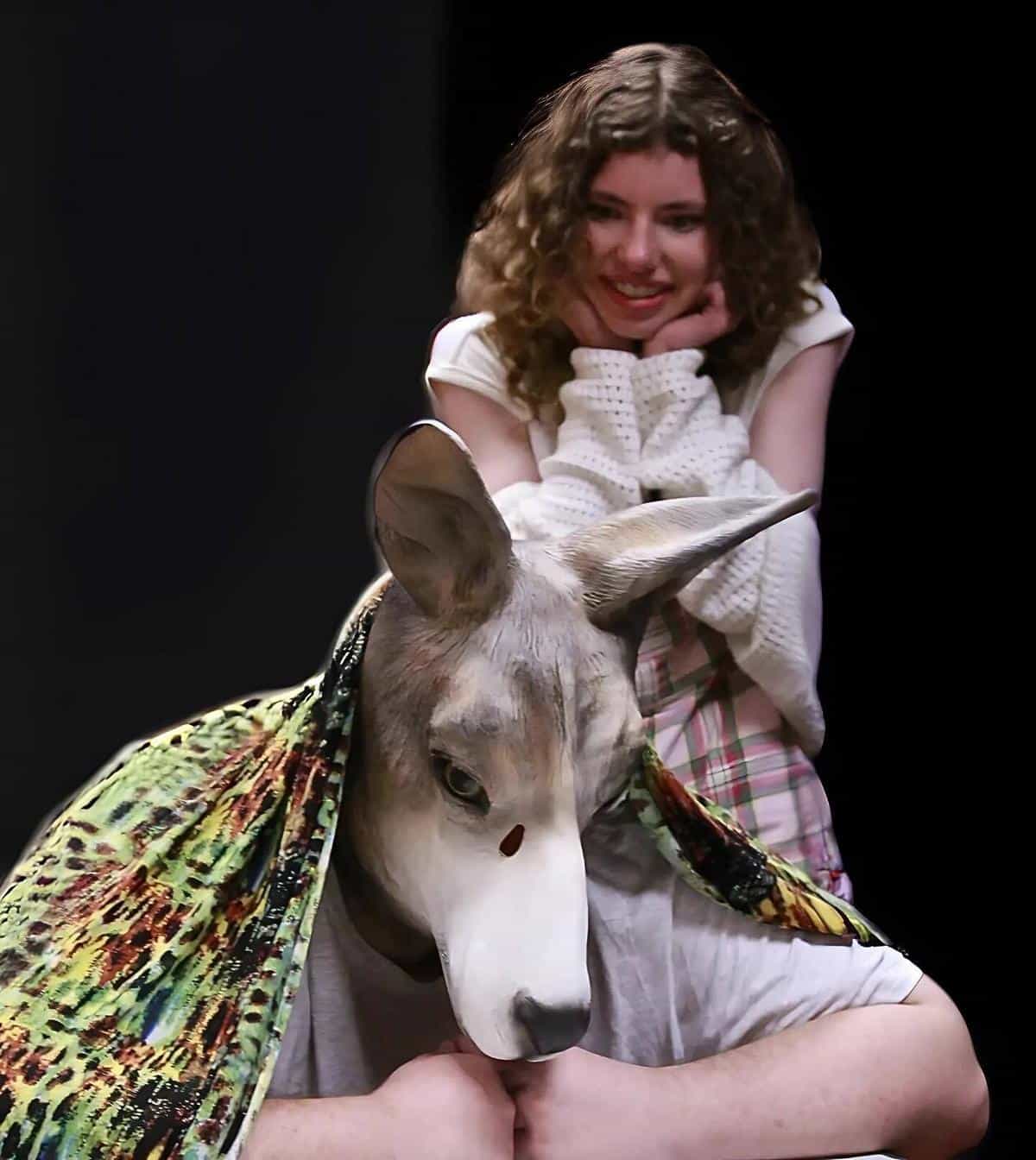
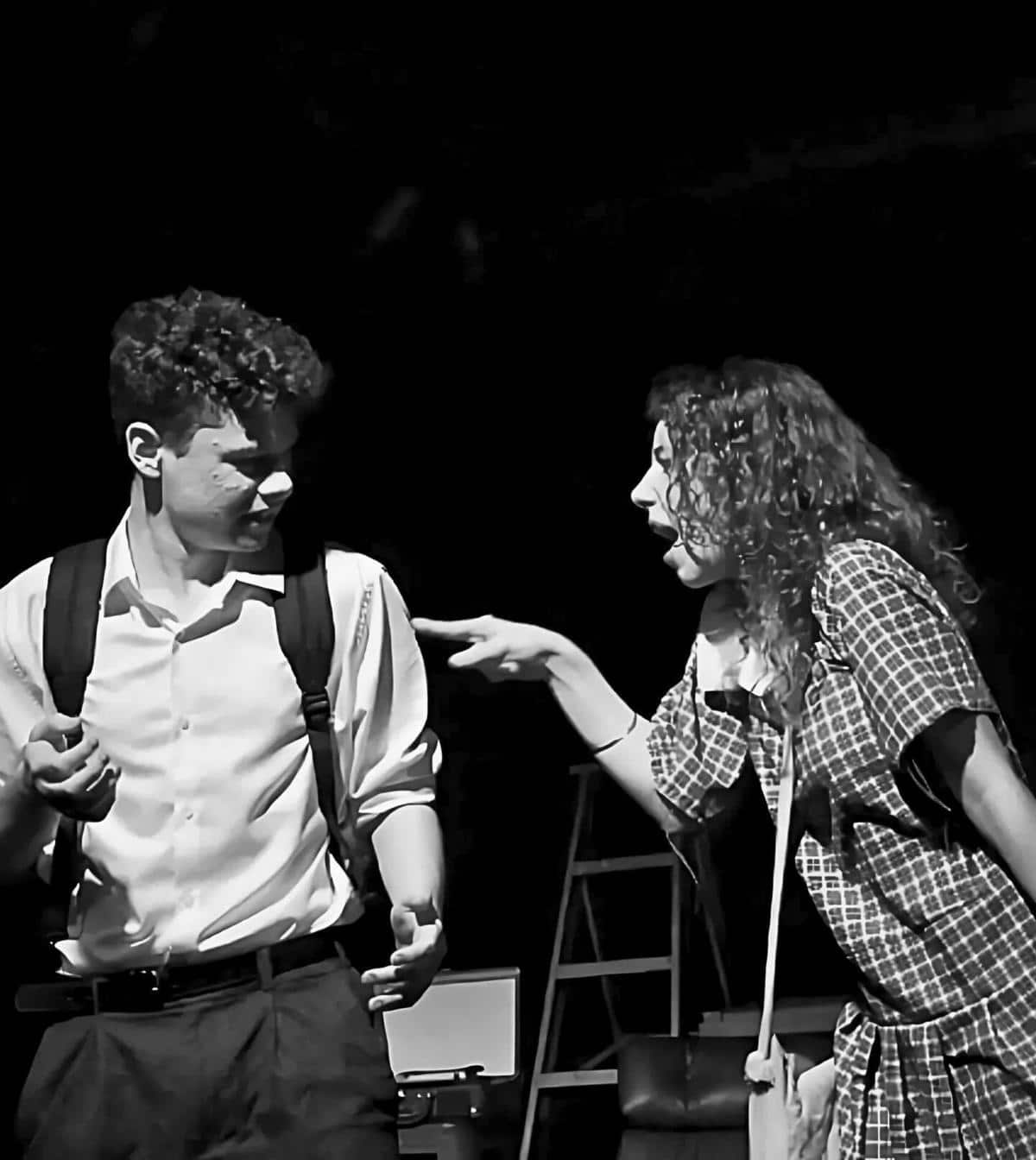
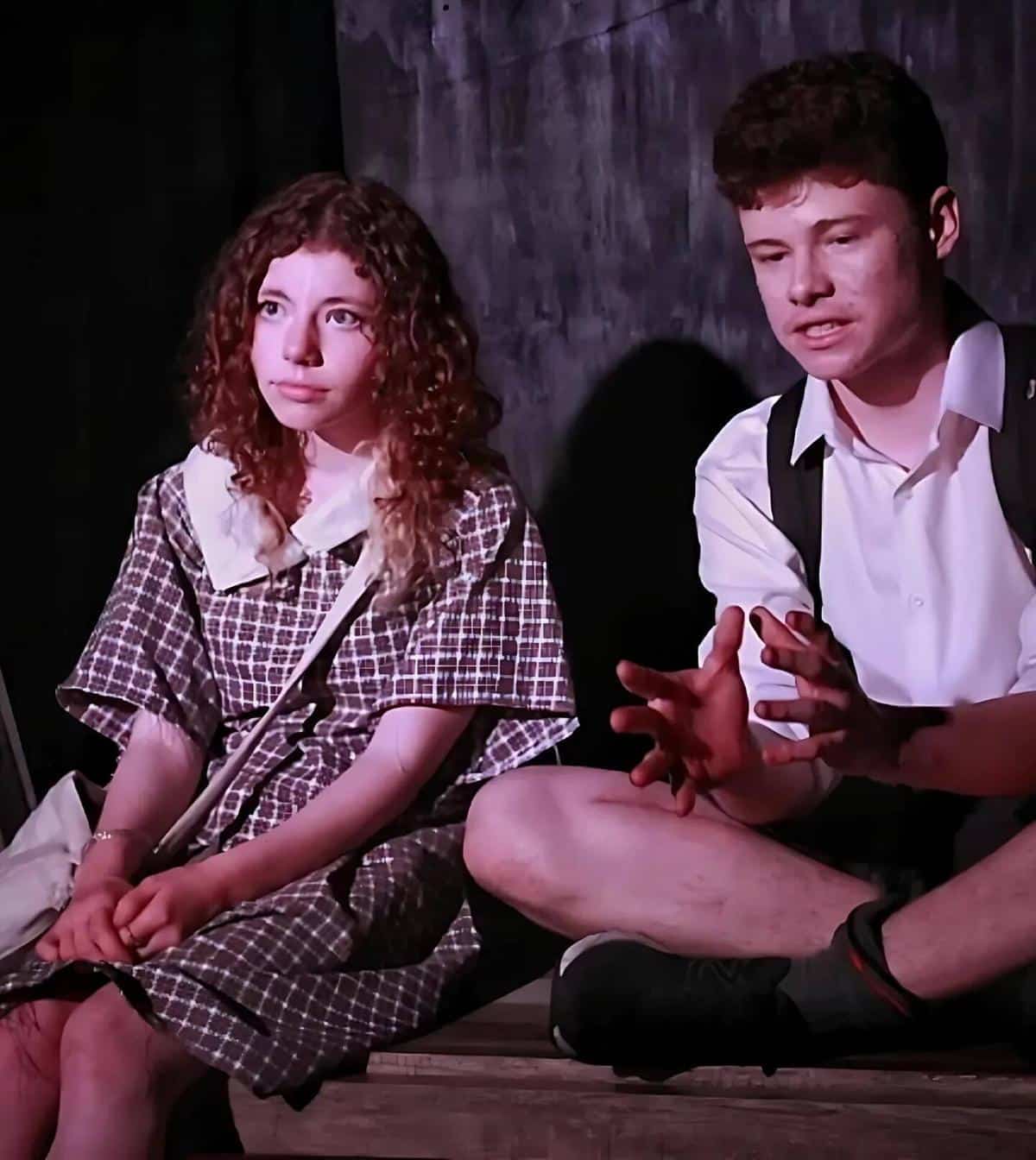
In contrast, Dylan fully inhabits Arnold’s awkward, nerdy persona. His hunched posture, fidgety mannerisms and shuffling stance captured the essence of a teen desperate to have his moment to break loose and hold his ground.
The undeniable connection between the two was very evident to the audience as their shared vulnerabilities brought them together in moments of brutal honesty.
Supporting actors Laura Renee, as teacher Miss Richards and Ben Kasper as Stepfather Rhys, gave context to the story, anchoring it in the structure of school and home life. Yet they each carried their own struggles and past experiences, which added depth to the narrative and complemented the main cast beautifully.
Laura brought a grounded energy to her role as Miss Richards, grappling with her past while showing compassion and kindness towards Arnold, guiding him through an emotional experience. Ben’s Rhys was exceptional as the stepdad eager to connect and trying his utmost to alleviate his strained relationship with Lucy.
Visually, the production used simple sets and subtle lighting switches. This kept the focus on Lucy and Arnold’s stories while also adding a sense of intimacy to the play.
A standout moment for me and a line that loops back to a theme expressed earlier in the play: “Life sucks, Arnold, and people are f#@ked, but you don’t suck!” Resonating with the audience, this statement served to pare back the connection and unspoken understanding between Lucy and Arnold.
Playthings unapologetically peels back the layers of adolescence, the chaos, struggles and the unlikely friendships that make it all bearable.
To learn more about Sun And Wine Arts please visit https://sunwinearts.wixsite.com/sun-and-wine-arts-co

